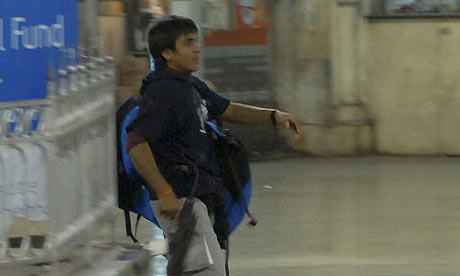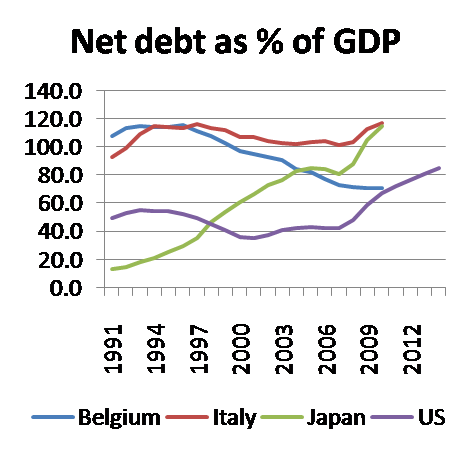For The Register-Guard
Appeared in print: Monday, Dec 14, 2009
DUBAI — I am in Dubai, as I write this, on my way to Tanzania.
My last and only other visit to this city was in the summer of 2004, to spend a couple of days with my brother and his family. And boy, is it a different Dubai since I was here five years ago!
Those were the good times across the planet, and the signs were obvious everywhere in Dubai.
Construction cranes were active despite the intense desert heat and stifling humidity from the Persian Gulf, and flashy cars were competing with each other on the roadways. Shoppers casually were juggling bags full of expensive goods at Dubai’s ritzy shopping malls, compared to which Eugene’s Valley River Center was practically a convenience store.
As one commentator put it back then, “Dubai is like Singapore on steroids.”
I remember feeling awfully poor while in Dubai — a strangely new feeling that, since gaining American citizenship, I was not used to while traveling in Asia. It was terribly humbling that my dollars were, well, not worth all that much.
My brother drove us to the gates of the Burj al Arab hotel—the only self-proclaimed “seven star” hotel in the world. There, a couple of months earlier and for a $1 million appearance fee, Tiger Woods famously cracked a tee shot from the helipad on the roof.
That day, however, no visitors were allowed past the gates due to some special event, which meant that I did not get to see the fabled architectural luxuries, including gold-plated columns.
It is a different Dubai now. Even the airport is much larger, thanks to the massive new terminal, which was constructed recently for the exclusive use of Emirates Airlines at a cost of more than $4.5 billion.
I am reminded of the taxi driver in Singapore, a few years ago when I was there on my way to India, who was worried that Singapore’s government was not acting fast enough in order to compete with Dubai.
“Even our airport will soon be smaller,” was his complaint. Almost!
But there is a feeling of emptiness even at Dubai’s very spacious airport — as if the steroids are no longer working. It simply does not feel like the fastest growing airport that it has been for a few years now — this despite the fact that according to Dubai Airports, international passenger traffic registered a “growth of 11.7 per cent in October, marking the fifth consecutive month of double-digit growth.”
Perhaps it is reflective of the very reason Dubai is in the news now; it appears that the economic excitement of Dubai was yet another bubble that started deflating along with the global recession, and that finally has burst.
When the world learned that Dubai World — the premier investment vehicle of the ruling al-Maktoum family — would delay payments on the more than $60 billion in debts owed, it was a financial earthquake felt across the global bourses.
Even New York Times columnist Paul Krugman has expressed his concern that we might be at the verge of sliding back into another recession — just as we were beginning to feel confident that the United States and the world were on the path to recovery.
The economic downturn will have immediate implications for the hundreds of thousands of foreign workers and their families. After all, “natives” account for barely a fifth of Dubai’s population; the overwhelming majority are expatriates from all over the world, and the Indian Subcontinent in particular.
Thus, by extension, Dubai’s misfortunes could affect significantly foreign exchange remittances sent to the respective “home” countries. India, for example, gets nearly a quarter of its total remittances from the United Arab Emirates, of which Dubai is a major component.
Personally, the huge difference between now and five years ago is a rather simple one; my brother and his family do not live in Dubai anymore. In hindsight, their decision to immigrate to Australia three years ago, even as Dubai continued on with its go-go-growth, seems immensely prescient. They timed the market well, indeed.
The curious academic in me wishes that I had more than the half a day that I spent in Dubai in order to try to understand the economic craziness. But to paraphrase Robert Frost, I have miles to go — about 2,500 miles more to Tanzania.










